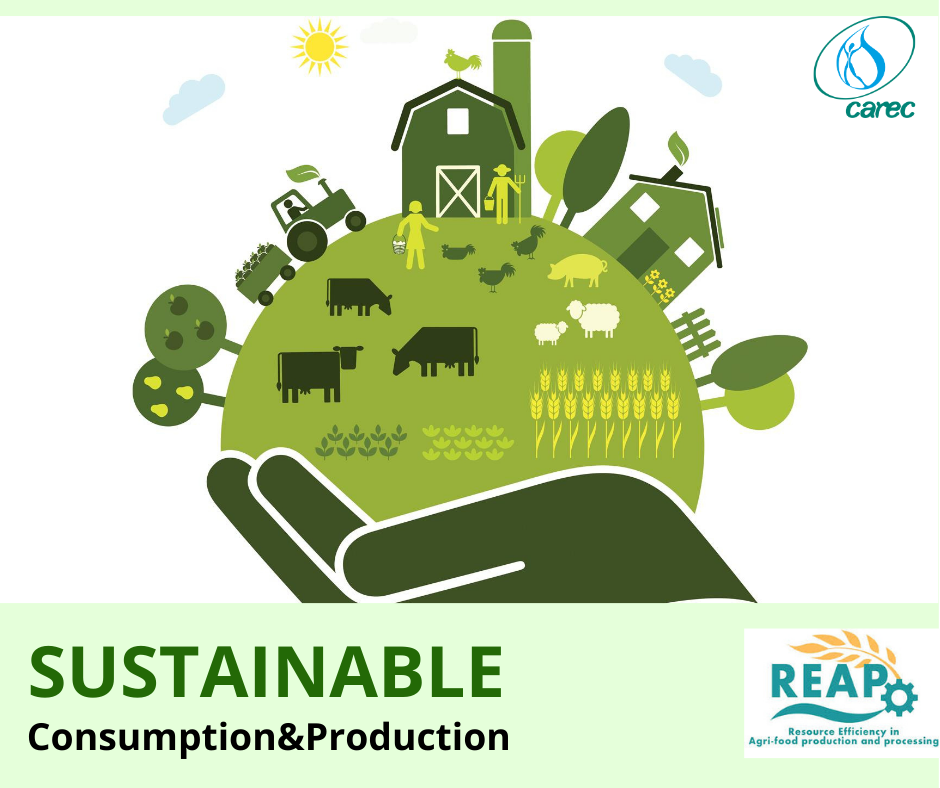The challenges of adapting cleaner production practices at the regional level and enhancing regional cooperation in the green economy discussed in Dushanbe, Tajikistan.
The Regional Policy Roundtable on Sustainable Consumption and Production (SCP) was held within the framework of the REAP project funded by the EU SWITCH-Asia programme. The event brought together representatives of international organizations and governmental bodies of Tajikistan and Uzbekistan.
During the group sessions, participants discussed how cleaner production practices may help address climate change challenges. Their discussions resulted in the following proposed solutions at the regional level:
1. Create a regional knowledge hub to share experience, lessons learned, best practices, and provide access to documents such as the Free Trade Agreement on environmentally friendly products, information on certification mechanisms.
2. Establish an agency at the regional level based on existing platforms.
3. Establish a regional institute to develop policies and internationally accepted criteria for certification.
4. Develop general criteria for green products
Creating a regional agency and a dedicated institute will play essential roles in developing and implementing policies and certification criteria that align with international standards.
The development of general criteria for green products will provide a unified framework to guide sustainable production and consumption.
These initiatives underscore the roundtable’s commitment to sustainable development and regional cooperation. Moving forward, the implementation of these solutions will require continued collaboration, dedication, and support from all stakeholders involved.
“The roundtable has laid a strong foundation for a greener future, and the ongoing efforts will undoubtedly contribute to a more sustainable and prosperous region”, said REAP Project Manager, Valeria Orlova.

The REAP project is implemented by an international consortium under financial support of the European Union. The consortium comprises the National Association of Small and Medium Businesses of Tajikistan (NAMSB), the Chamber of Commerce and Industry of Uzbekistan (CCIUz), the German Consulting Office adelphi, the Association for the Promotion of Recycling and Environmental Protection in Austria (AREC), STENUM Asia Sustainable Development Society (STENUM Asia), and the Energy and Resources Institute (TERI). The consortium is led by the Regional Environmental Centre for Central Asia (CAREC).
Additional information:
Valeria Orlova, REAP Project Manager, vorlova@carececo.org

